Puerto Rico Road Trip Guide
Introduction
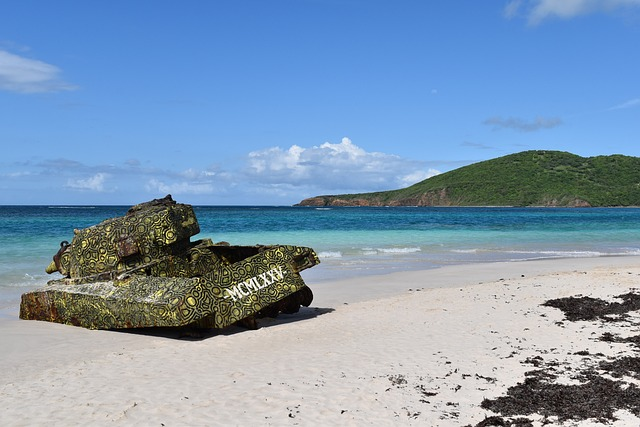
Puerto Rico, a vibrant Caribbean island, is perfect for a road trip with its rich history, diverse culture, and stunning landscapes. Explore Old San Juan’s colonial charm, drive through El Yunque’s lush rainforest, and discover hidden gems like Vieques’ bioluminescent bays. The island’s compact size and well-maintained roads make it easy to enjoy its beaches, mountains, and coastal towns, offering a captivating adventure for travelers.
Car Rental Tips
Book in Advance
Generally, we recommend that you make your reservation one month in advance so that you could choose the desired vehicle and date.
If you proceed directly to the car rental store without booking, it is likely that the car you need might be unavailable.
*If you were already a QEEQ diamond member, you only need 1$ to freeze your booking and make the rest of the payment before pick-up, which does not affect your credit card limit.
Required Documents
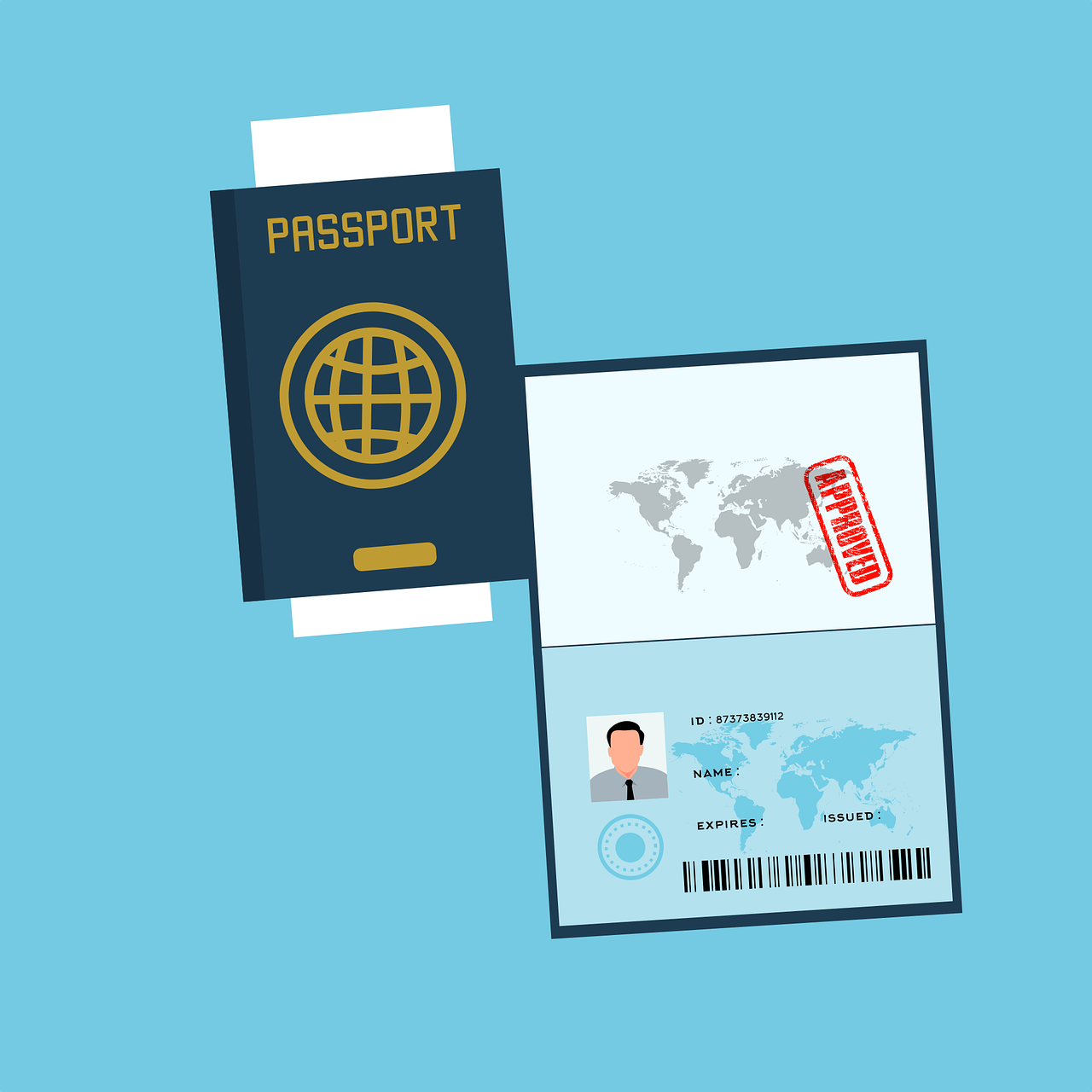
Passport, Driver’s License, IDP(Optimal), Credit Card
International Driving Permit (IDP) is highly recommended, which allows you to drive legally in countries that need one.
If it is inconvenient for you to apply an IDP, generate a free driver’s license translation on QEEQ.com (Japanese site only).
Car Choices
The choice of your car depend largely on the duration of your trip, passenger number, luggage amount and road conditions.
- City Driving for small groups (1-3 passengers)
If you were a couple, or travel with a friend or two, or if you travel alone, a reasonably priced small car would be a good choice.
Compact size cars have 4 to 5 seats. We recommend sparing one passenger capacity so you could relax and have more space.
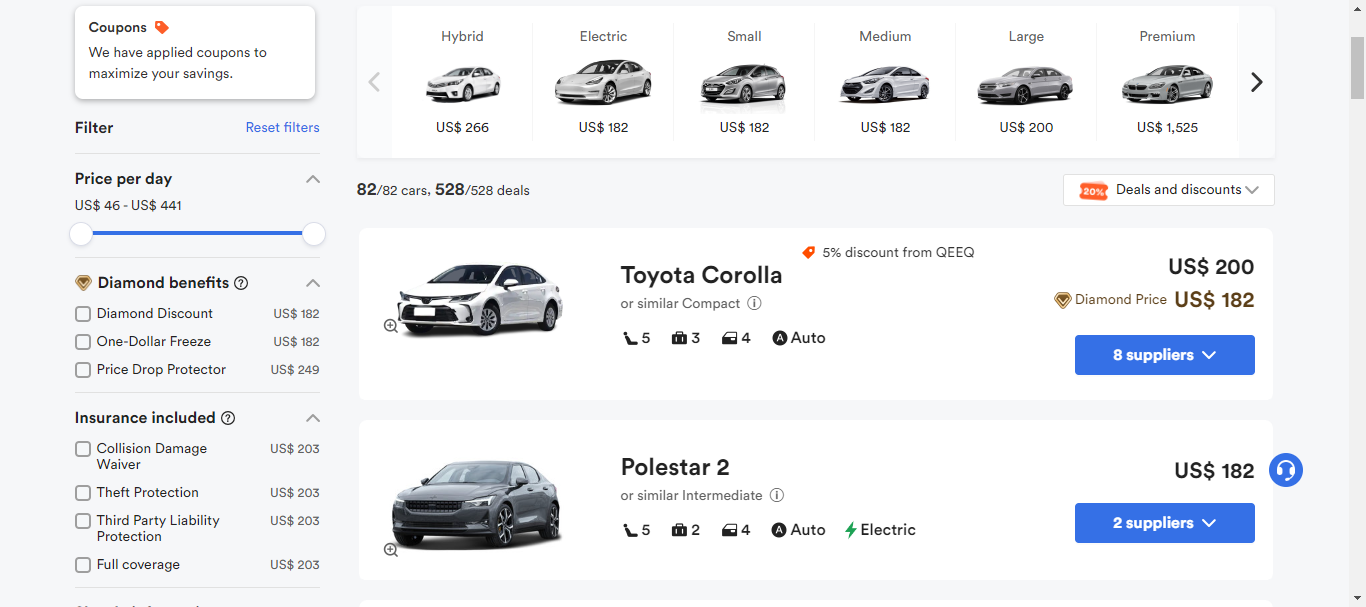
- 4 to 5 passengers including children and elderly
Medium and large size cars are recommended. These models could still possess a fair mount of space with 2 to 3 suitcases. SUVs are suitable for hybrid road conditions. Eco-friendly cars such as the Prius could save your spend on gasoline. Choose what you need giving you peace of mind on long trips.
- Traveling in a group of 6 or more
It would be a wonderful experience to choose a van for everyone to have his or her own seat. These models accommodate a passenger capacity from 7 to 12 people. While it is noticeable that large cars cannot make quick and sharp turns. So we recommend renting two small or medium-sized cars if you spend a lot of time driving through towns.
Online Booking Process

We are endeavoring to make your booking as convenient as possible. Enter our website QEEQ.com, log in, enter the required information, and follow the instructions, you are free to rent your desired car.
Insurance
What Insurances Are Available?
*For Autopilot Cars:
- Insured: Protection for the person renting the car, including passenger accident insurance and personal accident insurance (PAI). This includes the personal safety of the driver, passengers, and their personal belongings.
- Automobile Insurance: protection for the vehicle of the renter. Collision Damage Waiver (CDW) is one example.
- Third-party Insurance: insurance that protects third parties other than the renter and the car rental company. Basic Third Party Liability (BTL) insurance, etc.
International car rental booking will include the basic insurance required for car rentals: Vehicle Damage Coverage, Theft Protection, and Third Party Liability Insurance.
The deductible is the maximum amount of money you’re liable for in the event your rental car is damaged or stolen as long as you follow the conditions of your rental agreement. For example, the deductible is 1000 dollars, if the damage to the rented car is less than 1000 dollars, the customer pays; if the damage is more than 1000 dollars, the customer pays up to 1000 dollars; and the store’s insurance company pays for the part exceeding 1000 dollars.
Many travelers want more comprehensive coverage and purchase additional insurance. Personnel, vehicle and third-party coverage varies by insurance type. Here are some examples of common types of insurance (note: more checks means more coverage):
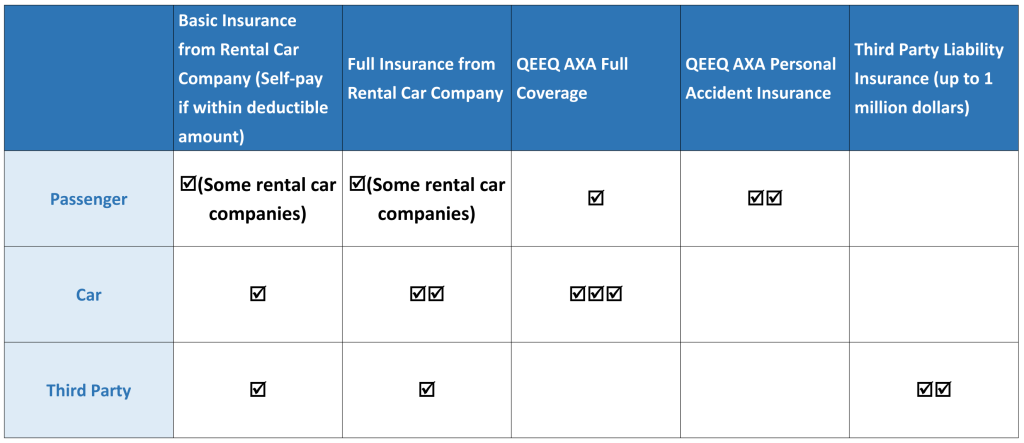
When and How to Purchase Insurance
There are two ways to obtain insurance: one is to purchase insurance when booking the car online; the other is to purchase insurance at the local store where the car is rented when picking up the car.
Generally, insurances provided by rental car companies usually has narrower coverage, higher premiums, so purchasing insurance online when booking the car is highly recommended.
How to Choose Insurance
If you were traveling with limited budget, it is better to choose the kind of insurance policy with the most comprehensive coverage. The main reasons are:
- Firstly, repairing fee for the car would probably be higher abroad.
- Secondly, in case of an accident, the medical cost and compensation are very high.
- Thirdly, the wider the coverage, the less the troubles you would deal with, which saves tons of time and energy.
Taking automobile insurance as an instance, comparing to common insurance policies, the most comprehensive insurance coverage, including glasses, tires, chassis protection, and considerations for special road conditions such as sand and rocks, is very necessary, but basic insurance of car rental companies usually does not include full coverage as such.
Picking Up the Car
Check Before Departure
Before proceeding to the car rental shop, make sure you have brought with you all necessary documents for picking up the vehicle, and two international credit cards is recommended to ensure that there is enough credit limit for pre-authorization.
Proceed to the Car Rentals
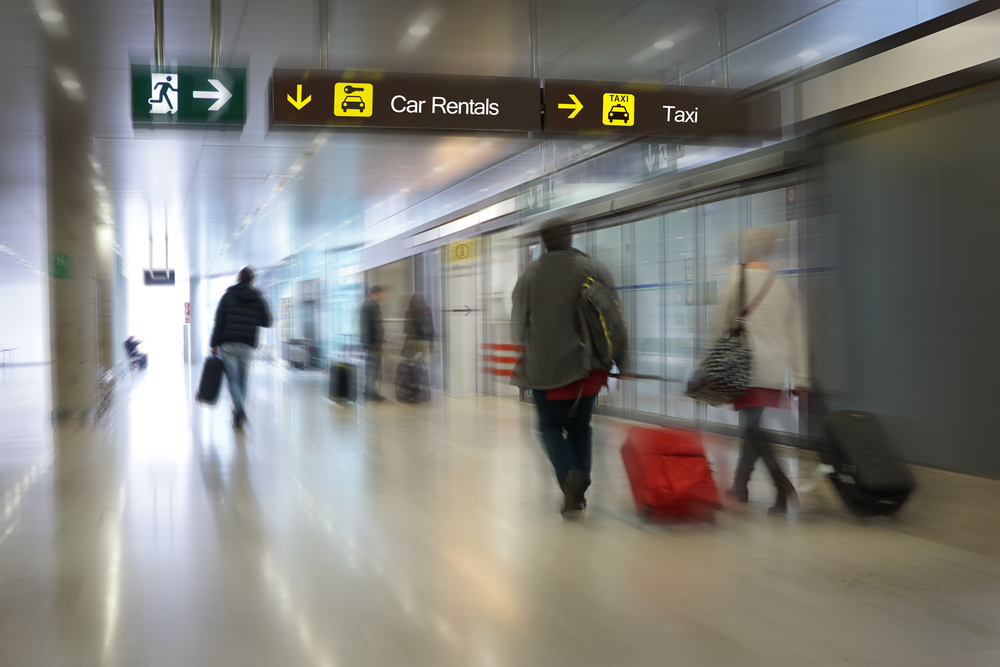
If there is a pickup store nearby, you could just walk there, following signs for airport rental cars.
If the rental car center is far away, there is usually a free shuttle bus bound for the rental car center. Shuttle buses run every 10 minutes approximately, so take the bus when you see the logo of your car rental company.
If the shuttle is not available, you can contact the car rental company and wait for staff member to pick you up at designated location. In case you have difficulty communicating with the store staff, please call QEEQ and we will assist you in English or other languages.
Inspect the Car

When you receive your reserved vehicle, inspect the bodywork for damage. At that time, it’s a good idea to document the entire process with your smartphone camera or take a picture of the dashboard. Because if you forgot to check the condition of your vehicle before departure, you may be charged for wronged damage repairs when you return it.
Payment
Payment is due on the day of the rental unless you were paying online or purchasing a tour package.
Insurance is usually included in the rental price, but some car rental companies offer paid options for more comprehensive coverage.

Last but not least, keep all contracts and documents safe for possible further usage. Once you have received your keys, check the seat heights, mirror positions, secure child seats, and then you are ready to go!
Traffic Rules and Signs
Driving on the Right
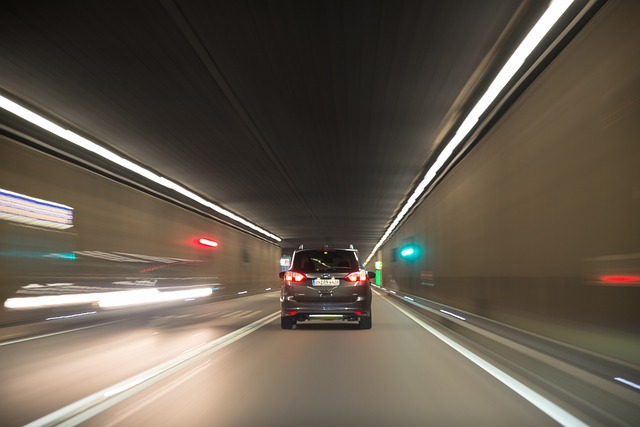
In Puerto Rico, vehicles drive on the right side of the road like in the U. S., and are equipped with a left hand steering wheel. Please pay attention and spend some time to adjust if your country differs from that.
Driving Age
To rent a car in Puerto Rico, you have to be 25 years old, and have a valid driver’s license. Travelers from outside the USA may need an International Driving Permit as well.
Pedestrian Priority

Pedestrians have absolute priority. Vehicles must yield to pedestrians.
Safety Belt and Child Seat
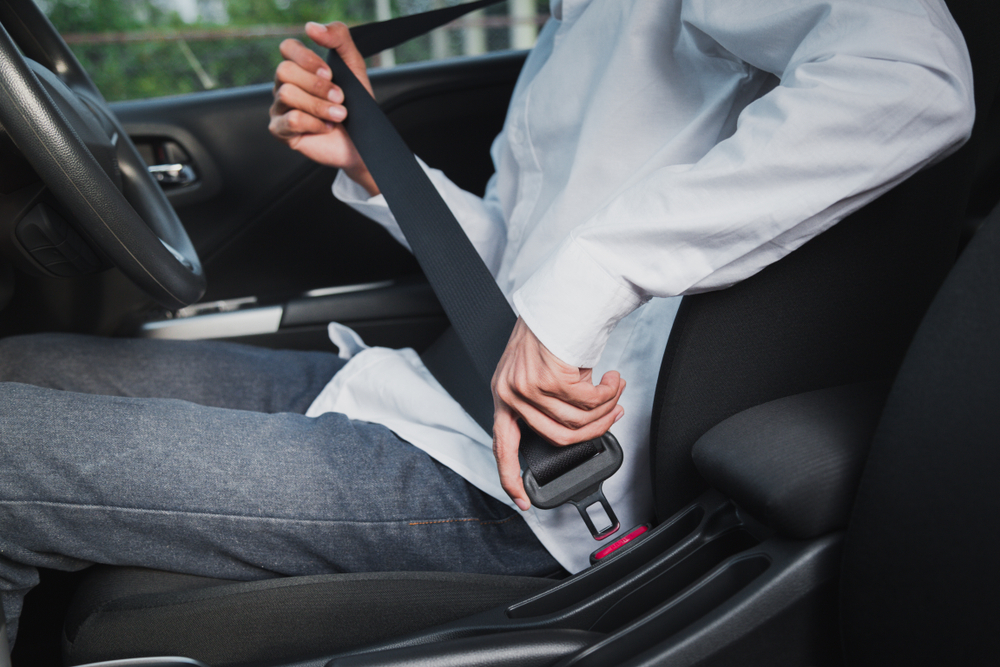
Drivers and all passengers are required to wear seat belts. Kids under 4 need a car seat, and kids under 12 must sit in the back and wear seat belts.
Stop Sign

In Puerto Rico, the STOP sign is written as “PARE”, which means all vehicles are required to stop at this sign, even if there are no vehicles or pedestrians in the vicinity, and must stop for three seconds to observe pedestrians and vehicles at the intersection before passing. But sometimes in Puerto Rico people does not necessarily abide to the rule.
Speed Limit
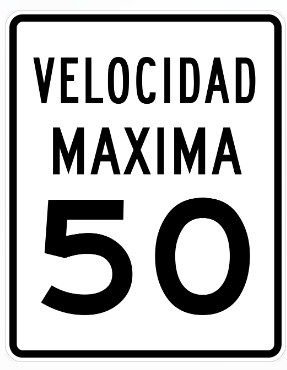
The speed is measured kilometers per hour in Puerto Rico, and generally speaking, the speed limit are 35 km/h in residential areas; 55 km/h on undivided roads; 65 km/h on rural freeways. But it all depends on on-sight signs.
Yield Signs
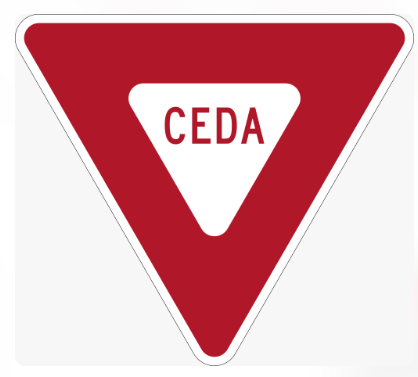
The Yield sign indicates that vehicles traveling to the sign shall slow down and be ready to stop, give priority to other vehicles and pedestrians, and ensure safety before passing.When there are pedestrians in front of you, you must come to a complete stop. Here are other two varies of yield signs in Puerto Rico: Yield here to pedestrians (right/left)
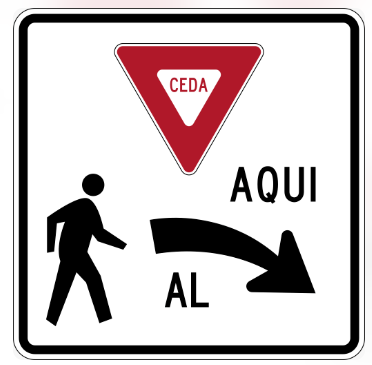
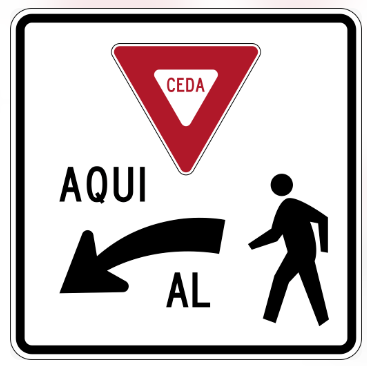
Roundabout
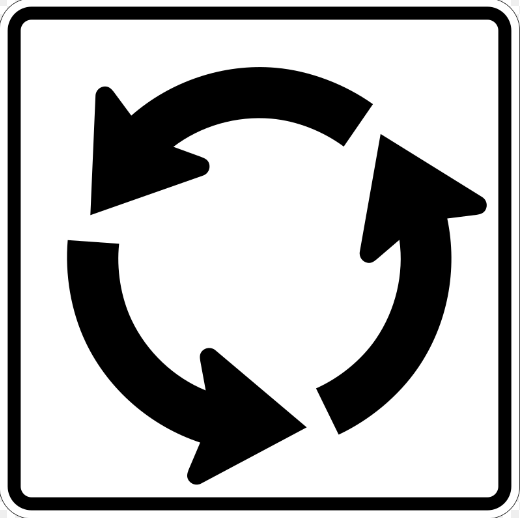
There are many traffic circles in Puerto Rico. If there is a vehicle inside the traffic circle, it must stop to allow them to go first. Also vehicles coming from the left have the right of way to enter the traffic circle.
Other Common Road Signs
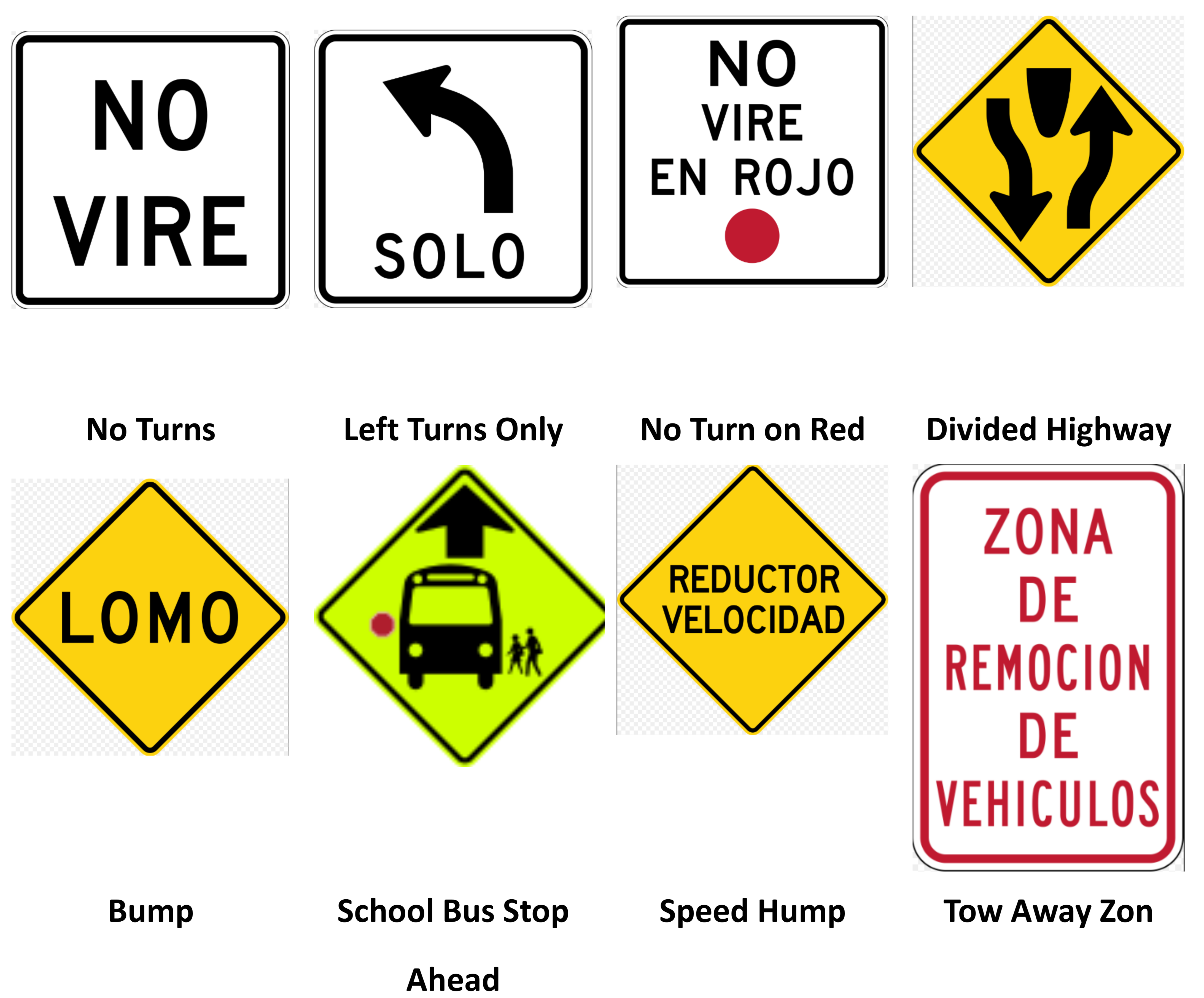
For more information of road signs in Puerto Rico with meaning, you can visit:
https://en.wikipedia.org/wiki/Road_signs_in_Puerto_Rico
Highways and Tolls
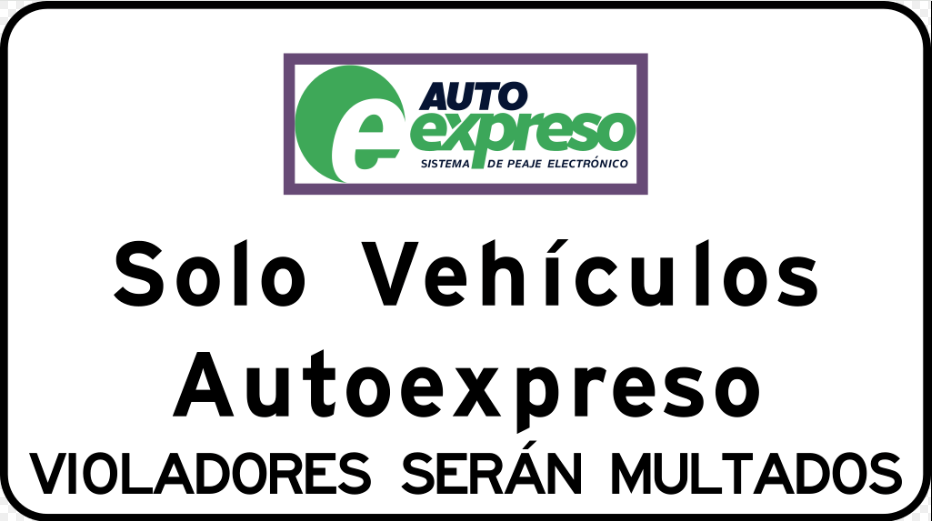
Toll Roads and Costs
There are several toll roads in Puerto Rico. The toll is about five dollars or so. The currency in Puerto Rico is US dollar, and the toll passes are basically equipped with “AutoExpreso”, which is like the Puerto Rico version of EZ-Pass. Here are some popular toll roads in Puerto Rico:
- From San Juan to San German in a regular car with one axel will cost approximately $2.25
- From San German to San Juan in a regular car with one axel will cost approximately $4.50
- From Aguadilla to San Juan in a regular car with one axel will cost approximately $4.20
- From San Juan to Aguadilla in a regular car with one axel will cost approximately $2.60
- From Arecibo to Carolina in a regular car with one axel will cost approximately $4.60
- From Carolina to Arecibo in a regular car with one axel will cost approximately $4.85
You can search on the website for more toll roads information:
Puerto Rico Toll Calculator – TollGuru
Free Roads
If you choose toll free roads, here are some options below, though you may increase the travel distance by choosing them:
- San Juan to San German – If you choose this route, your travel time will increase from a little over two hours to almost three and a half hours.
- San German to San Juan – If you choose this route, your travel time will increase from two hours and twenty minutes to three hours and forty minutes. Please note that there might be a restricted access road included in this route.
- From Aguadilla to San Juan – If you choose this route, your travel time will increase from two hours to three hours. Please note that there might be a restricted access road included in this route.
- From San Juan to Aguadilla – If you choose this route, your travel time will increase from two hours and twenty minutes to just over three hours.
- From Arecibo to Carolina – If you choose this route, you will be increasing your travel time from one and a half hours to two and a half hours.
- From Carolina to Arecibo – If you choose this route, you will be increasing your travel time from one a half hours to two and a half hours.
AutoExpreso
It is a automatic charge system equipped on toll roads in Puerto Rico. Before you actually use it, you need to pre-fill the AutoExpreso with credit. Look for the green sign above, you could fill your AutoExpreso at those places with the sign.
This is its website: Puerto Rico Toll Calculator – TollGuru
Refueling
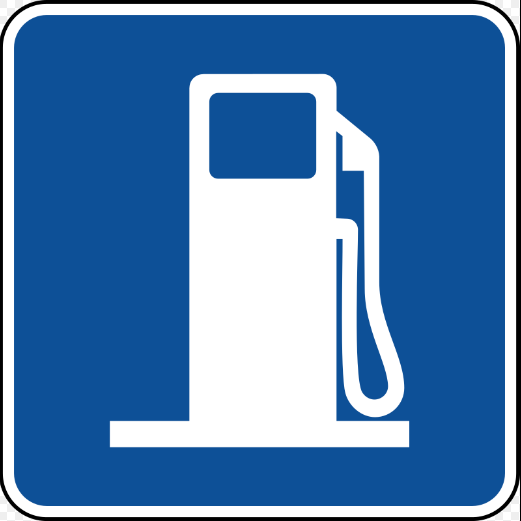
Gas Stations
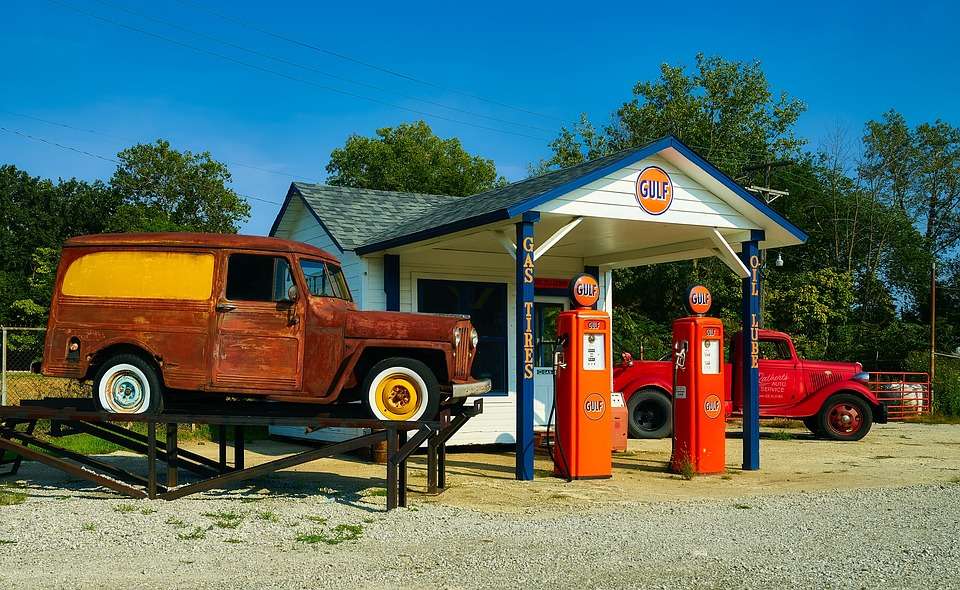
In Puerto Rico the gas prices is shown as xx$ per liter. One gallon is less then 4 liters. The gasoline price is about 0.93 USD per liter. If you are not sure which type of gas to add to your car, you could consult the staff in the gas station or check the manual of the car.
If you added the wrong oil, do not start the car hastely. Contact the rental car company to clean the circuit system and examine the engine.
Refueling Steps
Both self-service and manual service are available .
- Self-service refueling: no staff, all self-service from refueling to payment, only accepts credit card. Insert your credit card, enter your PIN and start refueling. After refueling print the bill and remove the card. Some gas stations have stores you can visit to pay by cash or credit card.
- Manual refueling: there are special staff services, cash or credit card payment available.
Parking
Where can you park?
- Public Parking Lot
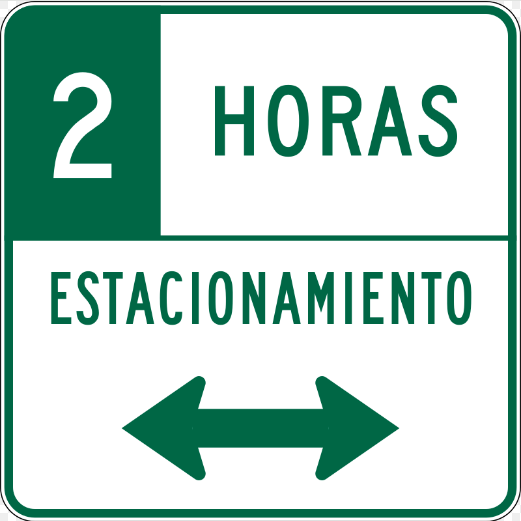
Except in Old San Juan, finding a parking space is not difficult. Shopping centers, supermarkets and scenic spots usually have large parking lots. The sign above indicates free parking for 2 hours.
- Roadside Parking
Pay attention to the metering signs on the roadside. “Paid Parking Zone” indicates a charged parking space. There will be a metering machine right beside the parking space. You can pay at the machine and print the bill, then stick it on the windshield.
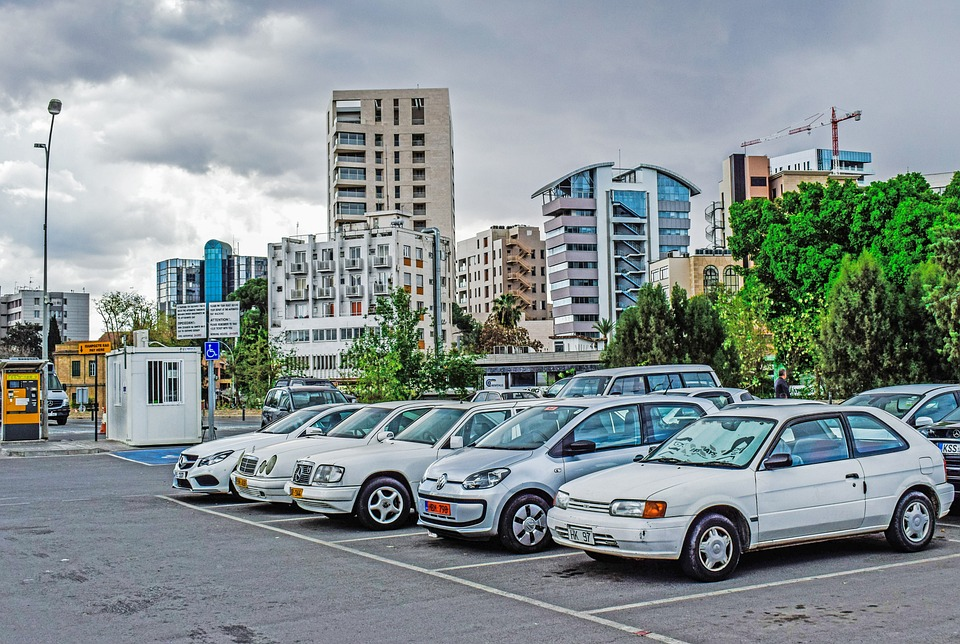
Parking Restricted Areas
- You cannot park at the spaces for the disabled, building entrances and exits, by the fire hydrant and beside a bus station, as the picture below shows.
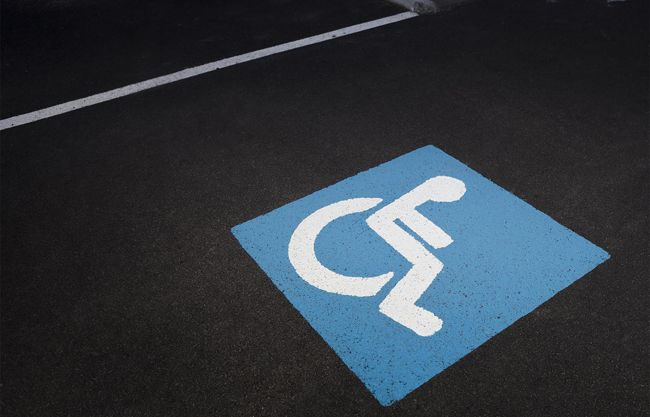
- You cannot park at spaces where there is a no-parking sign.
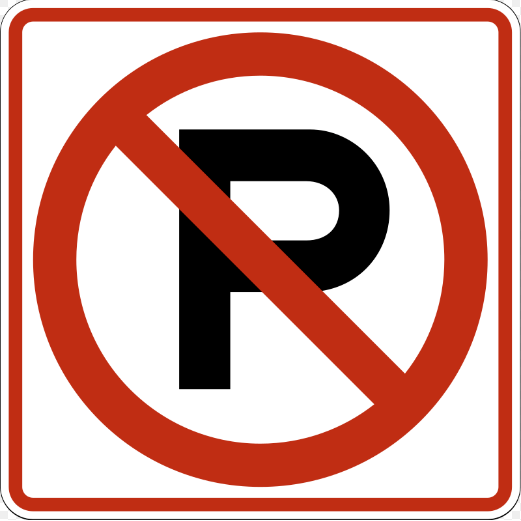
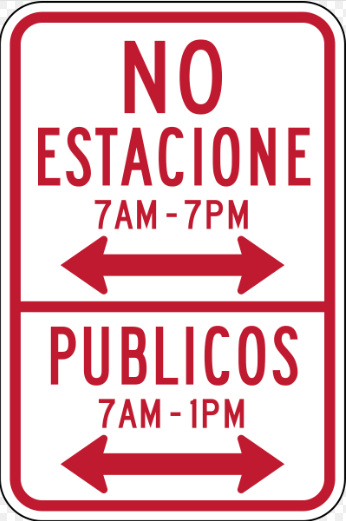
The right one suggests you cannot park during xx a.m. to xx p.m..
Payment Steps
- For Public Parking Lots:
Pay before parking: Park your car—Go to the payment machine—Choose the time period—Make your payment—Print the bill—Stick the bill on the windshield
Pay After Parking: Recieve a bill at the entrance—Park and leave—Pay when you return
- For Roadside Parking:
Self-service payment steps: Park—choose the time period at the metering machine—Pay—Print the bill—Put the bill on the windshield
Accident Handling
If you are involved in a traffic accident, do not panic. Check whether the passengers are injured, help yourself and seek help from passersby. Emergency contacts are available at any time.
- Police: 787-343-2020
- Emergency Services: 911
- Fire: 787-343-2330
- Ambulance: 787-343-2222
- Civil Defense: 787-724-0124
- F.B.I: 787-754-6000
- U.S. Secret Service: 787-766-5539
- U.S. Coast Guard: 787-729-6770
- Tourist Information: 787-722-1709
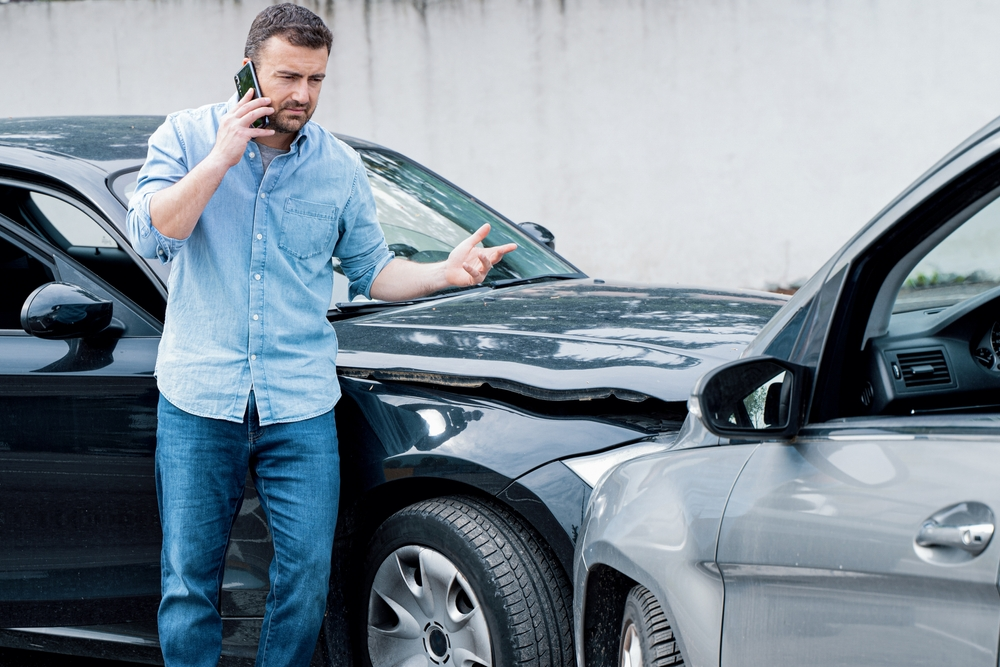
Scratch
Ensure the safety of personnel→Move the vehicle to the side of the road without obstructing the traffic→Call 911→Take photos or videos of the condition of the vehicle →Register the accident by police and keep a proper record of the accident→Contact the rental car company and insurance company.
Theft
Call 911 → Police take notes → Insurance report → Verify information → Payment
Malfunction
Call the rental car company → They will send someone nearby to tow your car or change a tire.
If the rental car company is unable to help you, contact a towing service with the help of the police. Car repairs are very expensive sometimes, so it is important to have insurance.
Roadside Assistance
When renting a car and driving in Puerto Rico, if a traffic accident occurs, in addition to calling 911, you can also contact the following emergency contact numbers:
Roadside Assistance in Puerto Rico:
AAA Puerto Rico: (787) 620-7805
URGENTLY: Puerto Rico Roadside & Towing Service | Urgently Roadside Assistance
Asistencia en Carreteras: 787-645-8080
Express: 787-533-9594
MAPFRE: 787-250-5214
You can also contact your car rental company:
AVIS: 1-800-352-7900
SIXT: 1 (888) 749 8227
Budget: 800-218-7992
Thrifty: 1-800-283-0898
Hertz: 1-800-654-5060
ACE: (877) 822-3872
Dollar: 800-235-9393
Yesaway: 1 424-800-4990
Returning the Rental Car
To return the car, just drive back to the rental car company, but pay attention to the following things:
Refuel Before Returning
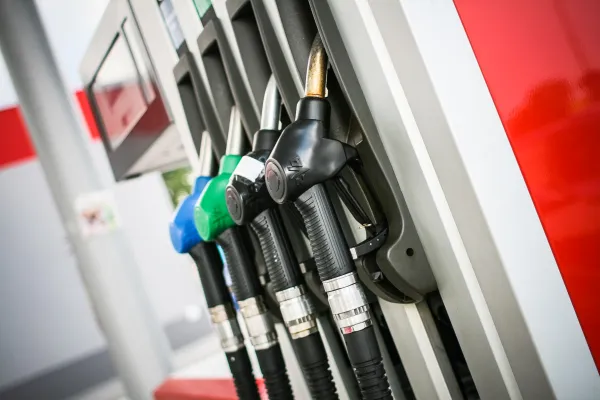
Usually, the basic rule for returning a car is to refuel the gas before returning it to the rental car company.
Even if the time is up, and there may not be a convenient gas station, it’s okay to drive for a while (about 5 kilometers or so) after refueling.
If you tried to return the car after the due time without refueling, or if you drove an excessive long distance after refueling, we will calculate the remaining time and charge you an additional fee.
Inspect the Car
When you arrive, we will have a representative inspect your vehicle for damage. If it had any damage, additional payment would be made.
Reconcile the Fee
When you return the car, the staff will check and record the vehicle and print the settlement list on site. Please check the list carefully, and if you have any unknown charges, you can raise them in person or call customer service to solve the problem.
Keep the Contract and Document
After returning the car, it is recommended to keep the contract and receipts in a safe place in case of needs.
Help after Trip
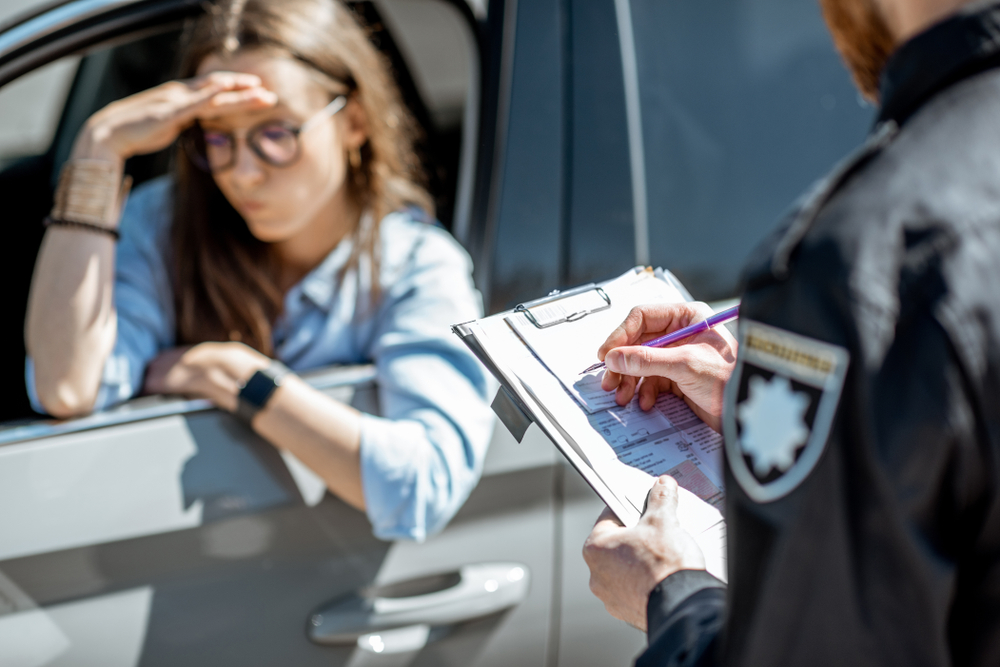
Traffic Citation
How to Pay Fine Ticket:
There are two main methods to pay a fine: ATM transfer or manual payment.
We recommend you to pay the fine as soon as possible, otherwise you may have to pay a late fee. If you can’t deal with it right away, tell the car rental company when you return the car, and you can let the company charge your credit card directly, but it usually requires a service fee.
Insurance Claim
If you bought a full coverage insurance, you would receive a fast claim settlement. The following documents should be prepared:
- Passport
- Driver’s License
- Credit Card Checkback History
- The Car Rental Contract
- Car Damage Deduction Bill
For more detailed information, check the terms and conditions of insurance company:
https://www.qeeq.com/term?info=axa_policy&browser_open=1
Unknown Charges after Trip
If you received an unexpected deduction when you return to your home country, it might be that your violation fee is paid by the car rental company, but usually the deduction amount will be more expensive than the violation fee because that includes the management fee charged by the car rental company. If you don’t know what the violation was, you can contact our customer service for help.
Penalties of traffic offences in Puerto Rico are expensive. Here are some common offences and the corresponding penalties:
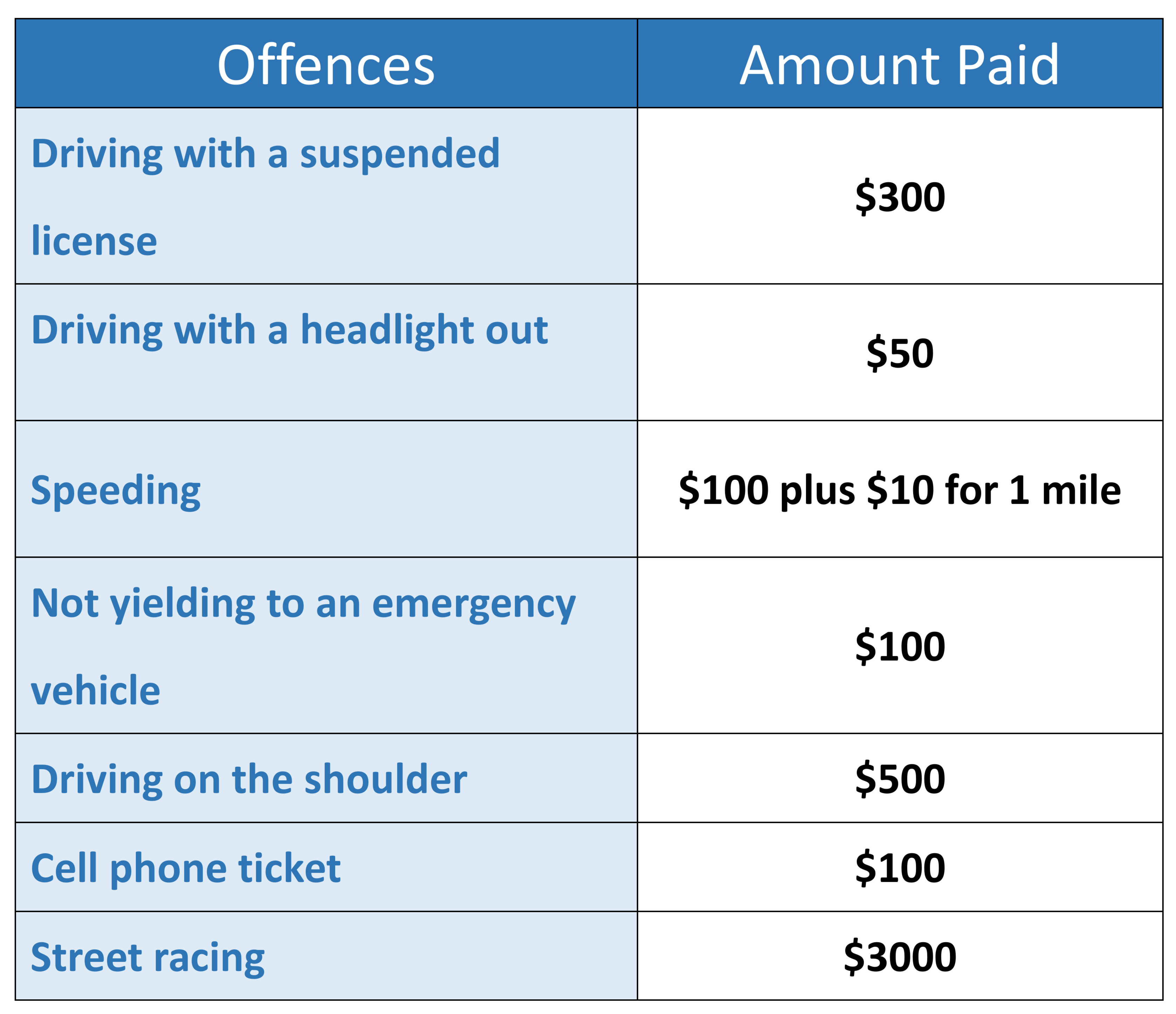
For more specific and detailed traffic laws in Puerto Rico, please visit this website:
The Guide To Traffic Violations In Puerto Rico
Classic Routes
North
- Route 681 Along the Atlantic CoastLine

Cruise the Atlantic coastline along Route 681, a scenic 11.5-mile drive from Barceloneta to Arecibo, renowned for its dramatic coastal views. Begin on Route 684, passing through lush farmlands before reaching the coastal Route 681. Stop at Rolyn’s seafood kiosk for manta-ray empanadillas, then explore La Cueva del Indio, a historic cave with ancient Taino petroglyphs. Enjoy a meal at local favorite Salitre, and relax at La Poza del Obispo beach, known for its turquoise waters and limestone formations. Conclude your day in Islote, where seaside bars offer perfect sunset views. Note: The north shore’s strong tides are ideal for surfing, especially in winter.
Central Mountains
- Drive the chinchorro route
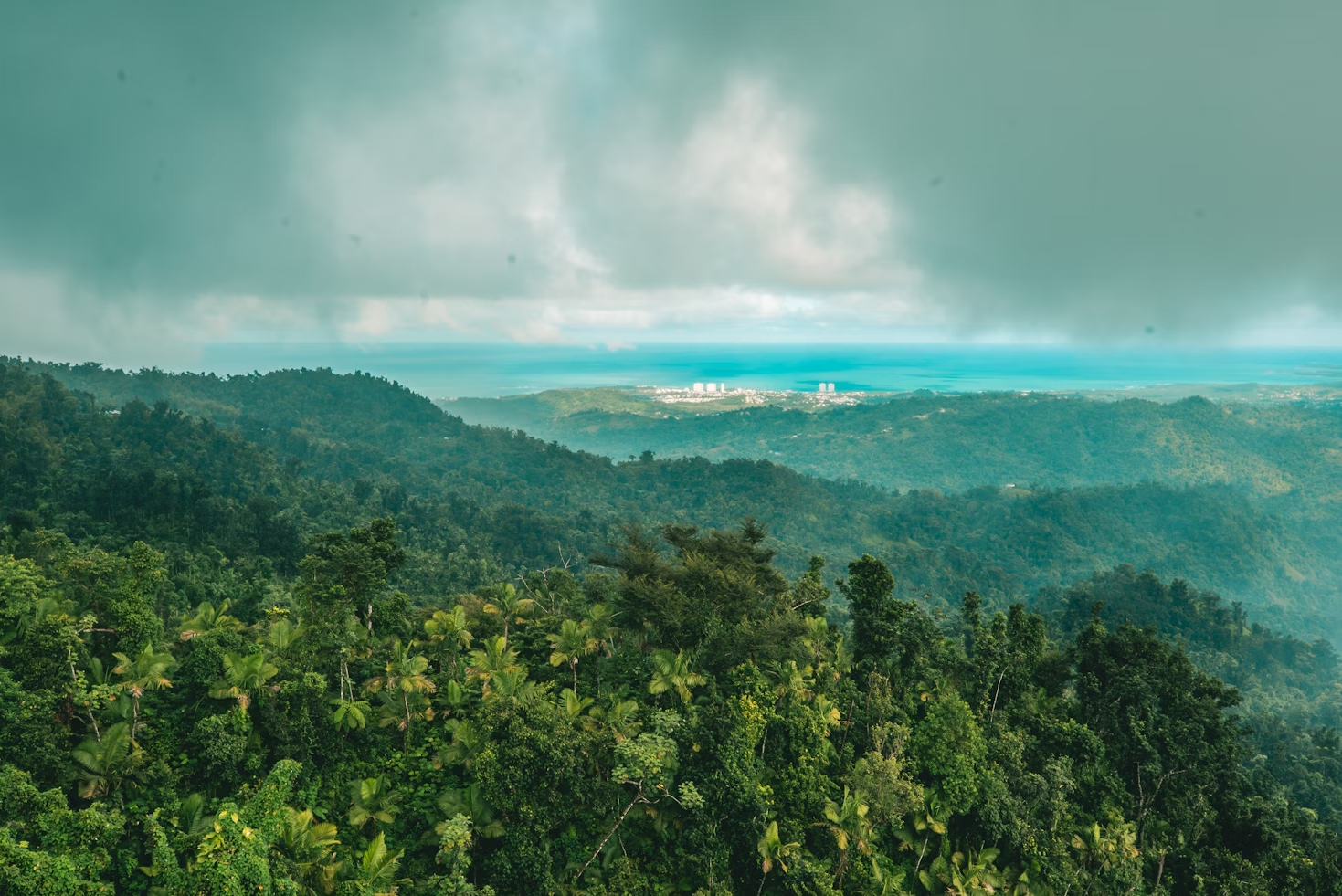
Drive the Chinchorro Route, a 23-mile journey from Bayamón to Comerío, perfect for food lovers seeking authentic Puerto Rican roadside cuisine. Begin in Bayamón and head southwest on Route 167 towards Naranjito, stopping at the Mirador al Puente Colgante for a photo. Continue along Route 152 to explore popular chinchorros like La Casa de la Morcilla and Calichi Gastro Bar. Proceed south on Route 809 to Comerío for Doña Elena’s renowned carne ahumada. For a lively experience, embark on this trip during a weekend afternoon or evening to enjoy live music at the chinchorros.
South
- Along the Ruta Panorámica (Coast to Coast)
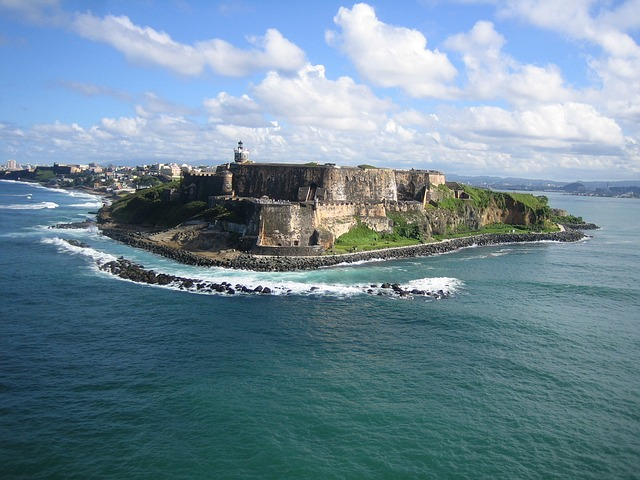
Marvel at the natural scenery along the Ruta Panorámica, a 167-mile coast-to-coast journey from Maunabo to Mayagüez, taking two to three days. This adventurous route traverses Puerto Rico’s central highlands, offering narrow mountain roads with hairpin turns and stunning views. Experience diverse landscapes, from beaches and jungles to lakes and mountains. Highlights include Punta Tuna Nature Reserve, Cañón San Cristóbal, and Toro Negro Forest. Food lovers can savor slow-roasted pork in Guavate or visit various chinchorros. Consider staying at charming lodgings like Hacienda Juanita or Parador Villas Sotomayor to fully enjoy this breathtaking drive.
West
- Cabo Rojo the Beach Route
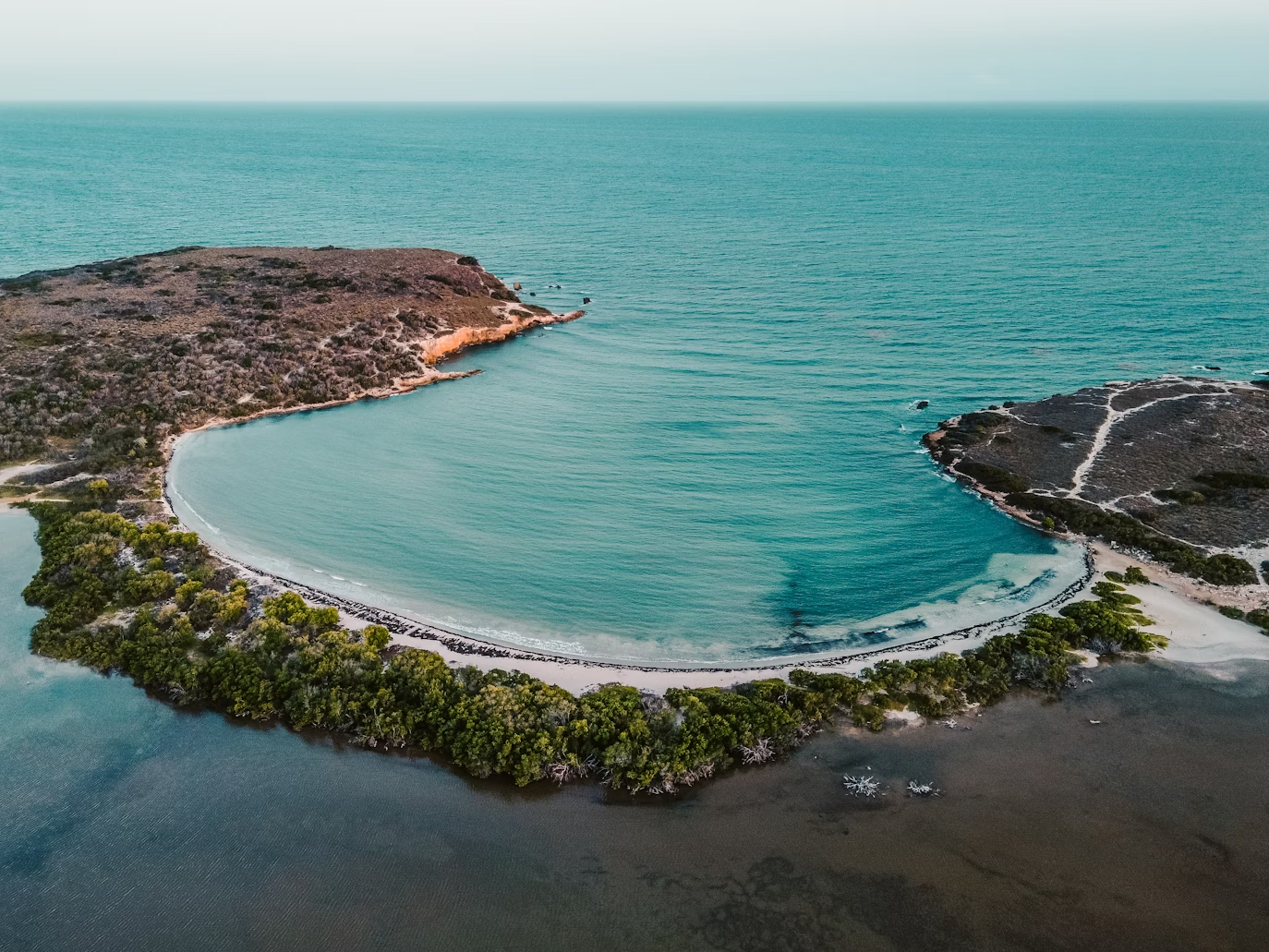
Catch some rays via the Beach Route, an 18-mile loop in Cabo Rojo, perfect for a family day by the sea. Begin at the palm-fringed Playa Buyé, then explore the trails and limestone formations of Punta Guaniquilla Nature Reserve. Stop for lunch at the Boquerón boardwalk and snap a photo at Muelle de la Libertad. Continue to Combate Beach, known for its white sands and beach bars, and visit the Salt Flats for a unique pink landscape. Conclude at La Playuela, a pristine bay with stunning views of the Cabo Rojo Lighthouse and Caribbean Sea. For a more peaceful experience, visit during the week.
East
- Hop on a ferry to explore charming Vieques
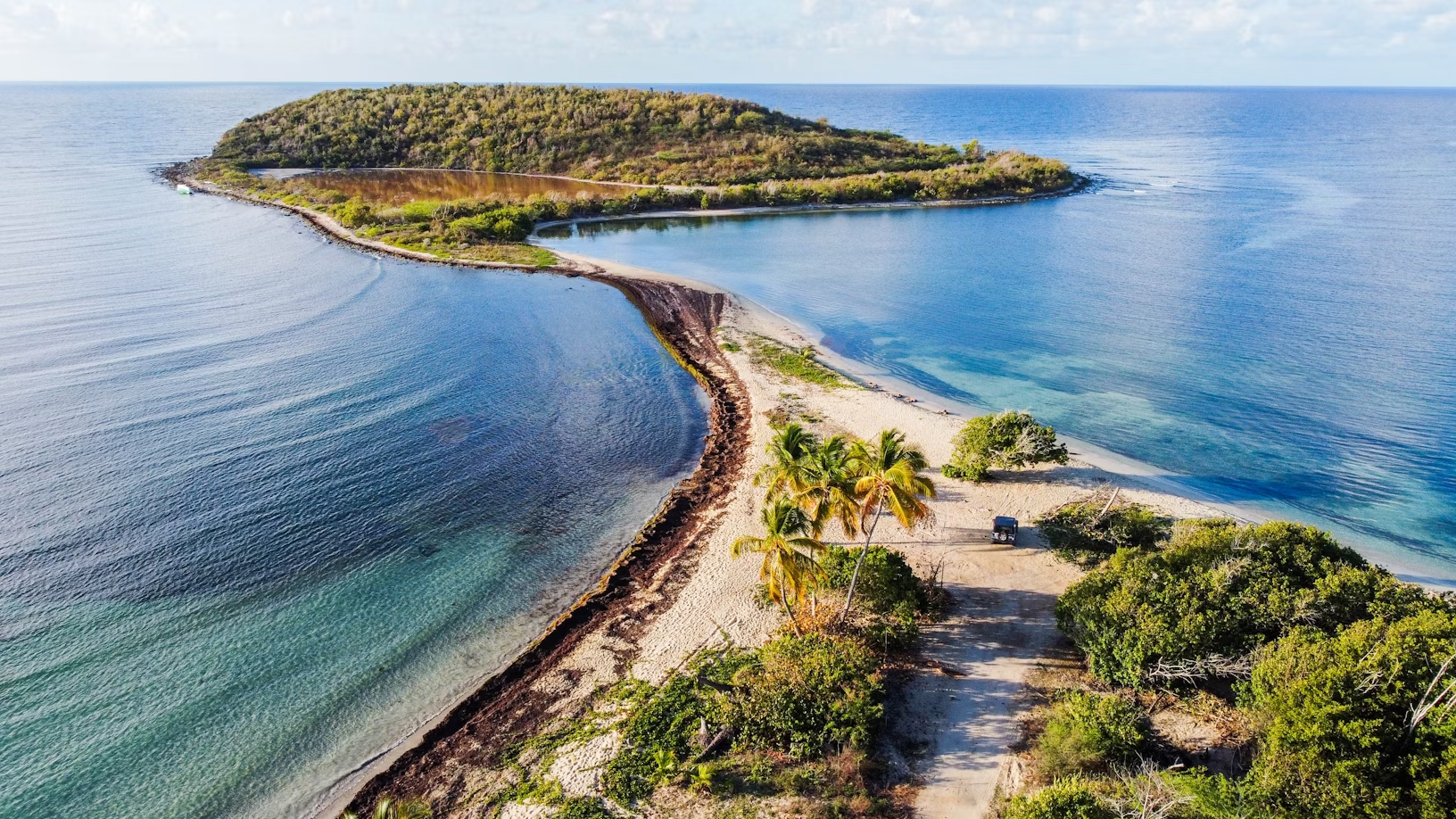
Hop on a ferry to explore charming Vieques, a 50-mile journey including a round-trip ferry from Ceiba. Located 7 miles off Puerto Rico’s east coast, Vieques is known for its undeveloped beach coves, lush vegetation, and roaming paso fino horses, offering a laid-back escape. Start at Sun Bay Beach, with its well-maintained facilities, then visit the seaside town of Esperanza, featuring a lively boardwalk. Discover the dramatic Playa Negra with its black volcanic sand, and see the ancient tree at Parque de la Ceiba. Before returning, explore Mosquito Pier for fishing and snorkeling, and enjoy the vibrant marine life at Mosquito Bay Beach.
Useful Websites and Numbers
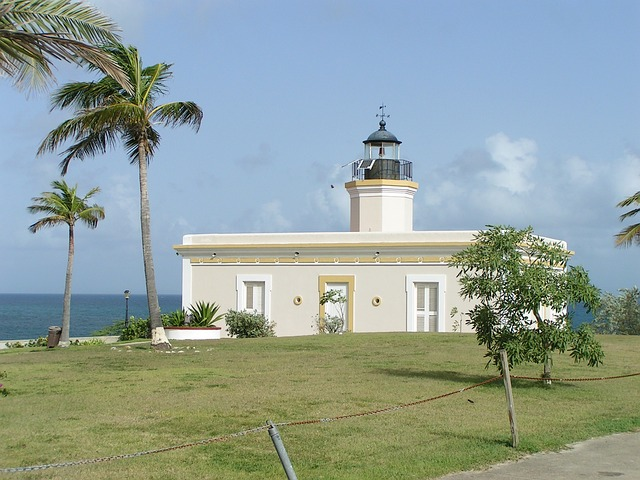
Emergency Contacts
Police: 787-343-2020
Emergency Services: 911
Fire: 787-343-2330
Ambulance: 787-343-2222
Civil Defense: 787-724-0124
F.B.I: 787-754-6000
U.S. Secret Service: 787-766-5539
U.S. Coast Guard: 787-729-6770
Tourist Information: 787-722-1709
Roadside Assistance
AAA Puerto Rico: (787) 620-7805
URGENTLY: Puerto Rico Roadside & Towing Service | Urgently Roadside Assistance
Asistencia en Carreteras: 787-645-8080
Express: 787-533-9594
MAPFRE: 787-250-5214
Tourism Website
https://www.discoverpuertorico.com
Thank you for reading through to the end.
Enjoy your Puerto Rico road trip!